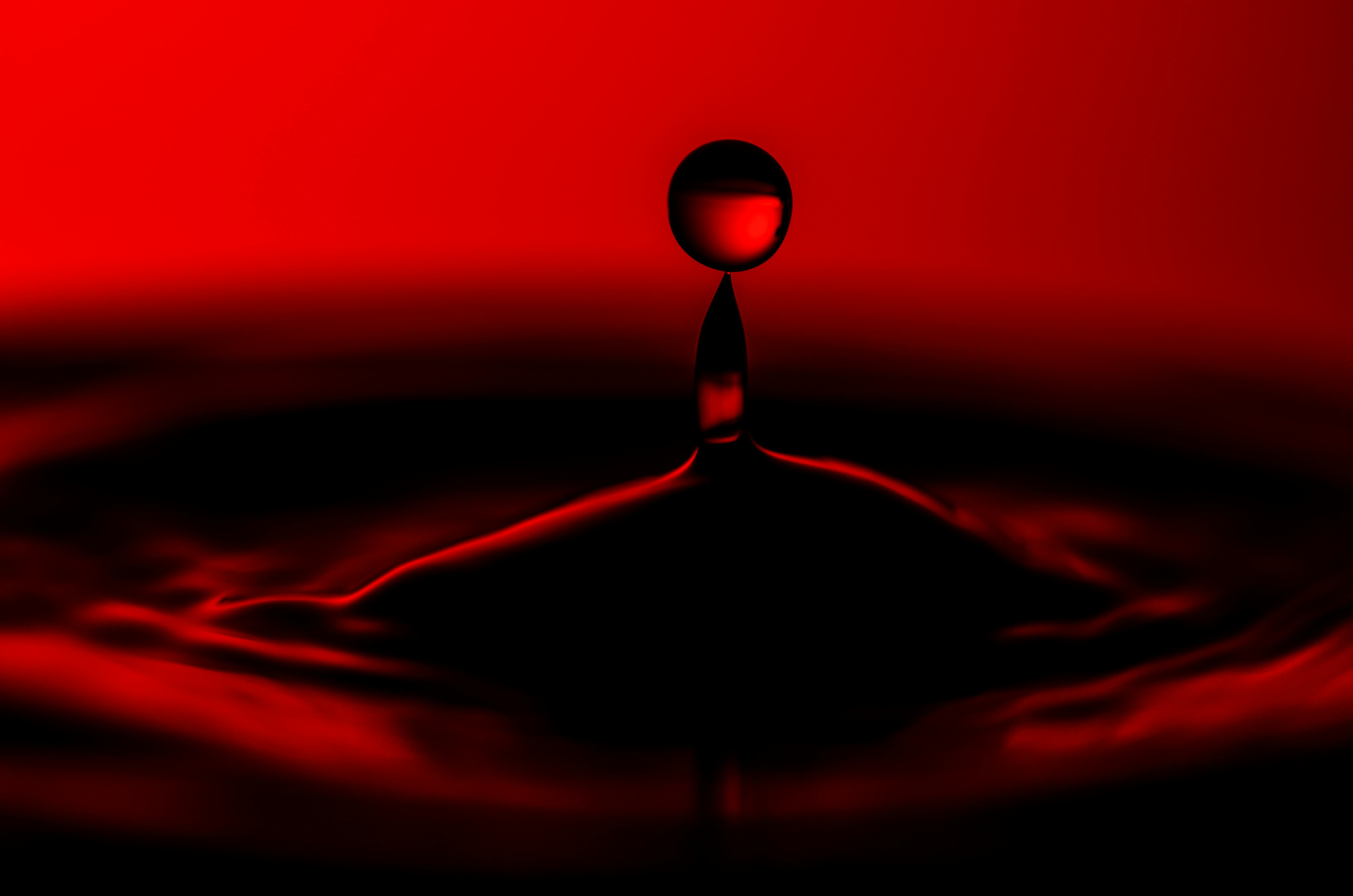No industry on earth is so shrouded in secrecy as the world of perfumes.
The world of perfumes is big business, but it is a business based on preferences, smells, tastes and the ability to protect your formulas.
There is no legal protection for a perfume formula. If I mix a bunch of ingredients and come up with a wonderful perfume, anyone who can discover my recipe is free to market the perfume. In reality, there is a small sub-industry of chemists doing just that, trying to imitate perfumes with drugstore knockoffs labeled “Smells like white diamonds” or “Smells like eternity.”
To protect the formulas, perfume experts rely on an ancient and a modern technique. The ancient technique is the secret. You could probably get the Coke formula more easily than you could dig up the ingredients for a hot new scent. “Noses”, the people who invent scents, work in secrecy and often lead extremely low-profile lives despite the fact that they are highly sought after professionals.
Another secret of the perfume industry is an “open secret”. It’s obvious to most perfumers, and it should be to people who shop for perfumes, even if they don’t really think about it much. Here it is: the people who put their names on perfume aren’t the ones who make it up.
Coco Chanel did not invent her legendary number 5 in a Paris apartment; It was invented in the 1920s by one of the great “noses” in the world, a Russian living in Paris named Ernst Breaux. Today, celebrity perfumes can be created with minimal or moderate involvement from their spokespeople, but the actual fragrance creation is done by someone else. What this means is that when you buy a fragrance by J Lo or Beyonce or Liz Taylor or Paris Hilton, you are buying a product that they agreed to endorse. So don’t be intimidated by a celebrity on etiquette.
The good old-fashioned secret about perfume formulas still works very well in the perfume industry, but that doesn’t stop copycats from trying to steal the formulas. The modern technique to help prevent perfume piracy is making perfumes incredibly complicated.
As early as the 1920s, the same approach was taken with perfumes like Chanel No. 5, Youth Dew, and Evening in Paris, in that they used dozens of ingredients in precise proportions. Even if you could figure out what the majority of the ingredients were (and Chanel No. 5 has over 100), you could spend a lifetime in the lab experimenting to get the balance right.
Today’s perfumes are so extremely complex that it is difficult to copy them.
There are two types of perfume knockoffs. The first is the legal type. These guys find a best-selling perfume and then create a knockoff version. It may or may not be a good imitation, but at least it’s in the stadium. They then package their product in a plain box and advertise it as a fragrance that “smells like perfume X”.
This is legal, but it really is not a good thing. First of all, it probably smells vaguely like the original, but it’s doubtful that a “nose” that could steal the exact recipe for a perfume would work for one of these knockoff labs. You’re dealing with an approximation, and that’s the best day.
Second, this “odor-like” type of odor is traded entirely by price; They are the bargain fragrances. This means you can expect a lot less fragrance and a lot more alcohol, smaller bottles, and cheaper development and production. Most of the people I know who have tried a knockoff product are disappointed that it simply doesn’t measure up to the real product in terms of quality.
The other type of perfume pirate is a counterfeit producer. These guys not only create knockoff perfumes, they put them in original or “counterfeit” packaging and packaging and try to pass themselves off as authentic. What they’re trying to do is fake an original and still be able to sell it for a lot less (price is the only drawing card for these guys).
Don’t count on this material for its purity, high production standards, or to keep you out of trouble. Yes, you can get in trouble if you buy counterfeit products. Also, these guys are stealing a legitimate product and trying to pass it off as theirs. Don’t get mixed up in that.
Of course, many aspiring perfume lovers find the cost of their perfume habit prohibitively expensive. However, there are many good reasons to stick with the real deal. Perfume makers put their reputation on every bottle; they tend to manufacture smooth, nuanced aromas, with premium ingredients, carefully packaged and safely delivered to market (particularly online). Imitations and counterfeits are aimed at making a profit on a cheaper product; these guys cut corners and not always in places you can see. From substandard or missing ingredients to weaker solutions, higher alcohol content, and dubious marketing, knockoffs are really only for your money, and counterfeits are thieves.
Imitation perfumes are often less “textured” and subtle than real ones. While some people may not notice much of a difference, perfumers can often inhale and distinguish an imitation of the real perfume.
The real thing will also have more “depth” and the mixture will create a scent that will last longer on your skin. Buy perfumes from reputable places, including department stores, perfume stores (if you’re lucky enough to have them in your area), or online websites with a strong reputation or the manufacturer’s or designer’s website. If you have the slightest doubt that your perfume may be fake, examine the packaging. Counterfeiters often get sloppy there.
Finally, remember that perfume is a luxury and luxuries are not supposed to be two for a dollar at the discount house.
